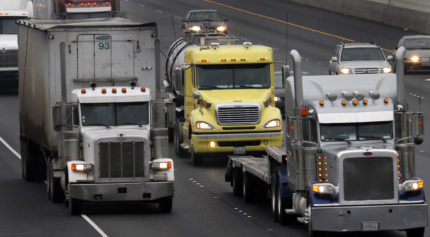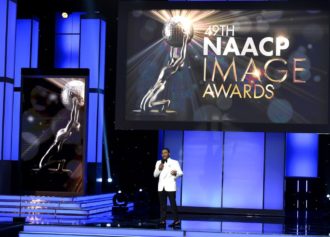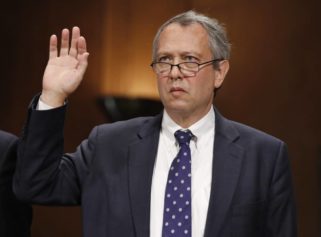While black and Latino media outlets are overwhelmingly supportive of gay issues in their coverage, more blacks believe that homosexuality is a choice than the country at large, according to a new report by the Opportunity Agenda.
The group analyzed available public opinion research to get a overall view of how the country’s opinions of the LGBT community and its issues have been evolving over time, particularly in the black and Latino community.
The report, called “Public Opinion and Discourse on the Intersection of LGBT Issues and Race,” shows that there remains a tension in the black and Latino communities between support for LGBT equality and a belief that it violates moral and religious principles.
But no such tension exists in the media that serves these communities, according to the report. Most of the LGBT stories in the black media focused on HIV, bullying, homophobia and discrimination, with LGBT African Americans and other civil-rights leaders often commenting on stories. Pro-LGBT voices outnumbered anti-gay voices, who tended to be African-American ministers.
In the Latino community, where coverage tended to focus on marriage equality, the end of the military’s ban on openly gay soldiers, LGBTs in larger Latino communities, celebrity news and anti-gay violence, most of the anti-gay voices were white.
One of the more interesting findings in the report is that most African Americans do not associate the community’s struggles for civil rights with the battle for LGBT rights.
Just 36 percent of the country believes that being gay is a choice, but the report found that 47 percent of Black Americans believe homosexuality to be a choice. More Latinos believed that people are born gay than the total sample, the report said, with 52 percent of Latinos believing people are born gay, compared with 42 percent overall.
Demonstrating the influence of religion on this issue, people who go to church weekly are far less likely to be pro-LGBT—24 percent of weekly church-goers support marriage equality compared with 57 percent of people who rarely or never attend worship services.


